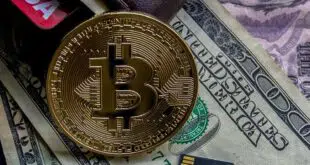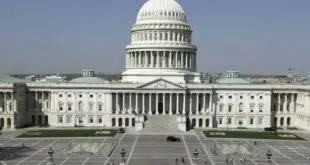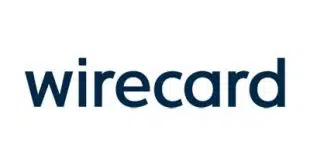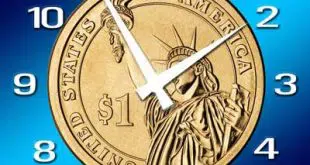Amara’s Law, coined by Stanford computer scientist Roy Amara, says we tend to overestimate the impact of a new technology in the short run, but underestimate it in the long run. So it was with the Internet and mobile phones. So it’s likely to be with digital fiat currencies. Since …
Read More »COMMENTARY: Political—Not Business—Priorities Will Roil Payments in 2021
The payments industry operates on a continuum of varying degrees of politicization, imposed and self-imposed. For maximizing value, less is better. Increased politicization will challenge the payments industry in 2021. U.S. regulators have already exercised enormous discretionary power over payments, sometimes lawlessly. Hatched by the Department of Justice in 2013, …
Read More »COMMENTARY: How Their Open-Banking Buys Could Propel Mastercard And Visa
The global retail-payment networks Mastercard and Visa are on a tear, acquiring and investing in adjacent payment-opportunity space in networks that can leverage and reinforce their existing franchises. Their traditional payment schemes are dominant worldwide and near indestructible. While for the foreseeable future they could grow on autopilot, to their …
Read More »COMMENTARY: Wirecard Was a Fairy Tale With an Unhappy Ending
Stories too good to be true often aren’t. The curtain has at long last been pulled back on high-flying payments fintech Wirecard AG. A whopping $2.1 billion in cash on its balance sheet can’t be verified and likely never existed. Chief executive Markus Braun has resigned and was arrested. Chief …
Read More »COMMENTARY: Digital Fiat Currencies Should Come From the Private—Not Public—Sector (Part Two)
One of the most aggressive—and worrisome—central bank digital currency models is a proposal from law professors Morgan Ricks and John Crawford and lawyer and former regulator Lev Menand that the Fed provide direct banking “FedAccounts” to consumers and businesses. It’s intended to improve payments efficiency and reduce the number of …
Read More »COMMENTARY: Digital Fiat Currencies Should Come From the Private—Not Public—Sector (Part One)
Digital fiat currencies are coming. Bitcoin and the more than 5,000 cryptocurrencies it inspired have ignited the interest of the Federal Reserve, the European Central Bank, and the Peoples Bank of China, as well as that of private-sector players like Visa and Facebook, in digital currencies tied to dollars, euros, …
Read More »COMMENTARY: Worldline And Ingenico: The What, the Why, And What’s Next? Part II
The combination of the French payments colossi Worldline S.A. and Ingenico Group S.A. spans multiple adjacent, but historically distinct, markets across the payments value chain. Issuer processing has been an oligopoly of ponderous, industrial-strength scale players such as Worldline, FIS, Fiserv/First Data, Total Systems, SIA/SSB, Nets, and Evry/Tieto. The traditional …
Read More »COMMENTARY: Worldline And Ingenico: The What, the Why, And What’s Next? Part I
Worldline S.A.’s $8.6 billion bid to buy Ingenico Group S.A. would create a Gallic champion to take on America’s processing titans—Fidelity National Information Services Inc. (FIS), Fiserv Inc., and Global Payments Inc.—all of which have significant European businesses, though none has made headway in the Continent’s second-largest payment market, France. …
Read More »COMMENTARY: Here’s Why the Fed Should Stay Out of Real-Time Payments (Part II)
Tech behemoths Google, Amazon, and Apple, goliath retailers Walmart and Target, and PayPal, all support the Federal Reserve providing faster payments via its FedNow service, slated for introduction by 2024. Each of them, however, would howl in protest if Washington proposed competing with their business or helping would-be competitors. Fearing The Clearing …
Read More »COMMENTARY: Here’s Why the Fed Should Stay Out of Real-Time Payments (Part I)
The Fed has amassed enormous—in practice, unaccountable—power, and taken roles natural to government and to the private sector. It’s the central bank, paramount financial-system regulator, and a payments operator. It shouldn’t, however, undertake activities better and naturally performed in the private sphere. The latest example: On its own prerogative, the …
Read More »








